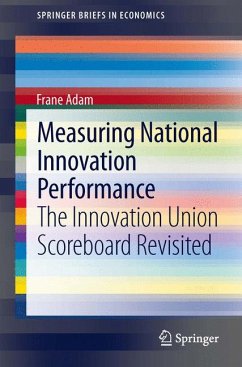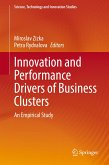This book provides a critical re-examination of the Innovation Union Scoreboard (IUS) as the main tool used by the European Commission and other policy-making bodies to measure national innovation capacity. Given that contemporary societies and economies are to a great extent characterised by the processes of production, dissemination and application (re-combination) of knowledge, the accurate monitoring and measurement of R&D efficiency and innovation performance on national, regional and firm level are of outmost importance. The contextual reconstruction of the model of indicators used by IUS reveals that the accuracy and validity of measurement are not satisfactory, and that substantial modifications of metrics are needed to achieve stronger theoretical significance and policy-relevance. In this work, the »epistemic turn« is emphasised and offered as an alternative, namely in the sense of the shift from a mechanicist-positivist orientation toward a more reflective and contextual post-positivist approach. ¿
Dieser Download kann aus rechtlichen Gründen nur mit Rechnungsadresse in A, B, BG, CY, CZ, D, DK, EW, E, FIN, F, GR, HR, H, IRL, I, LT, L, LR, M, NL, PL, P, R, S, SLO, SK ausgeliefert werden.









